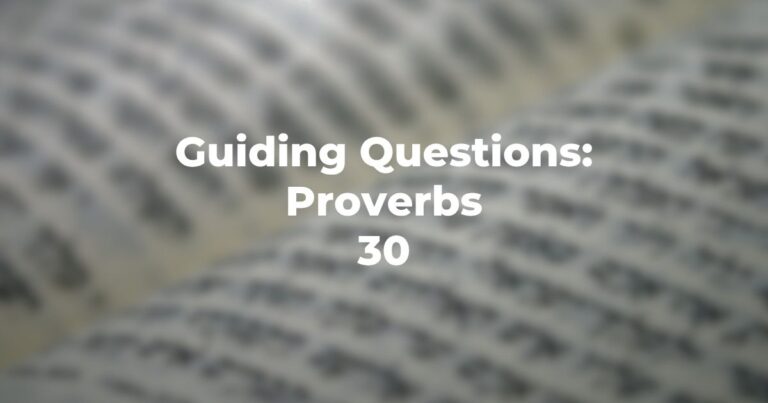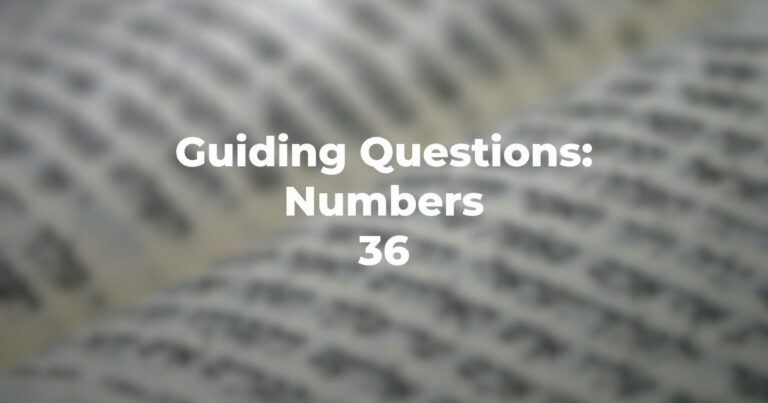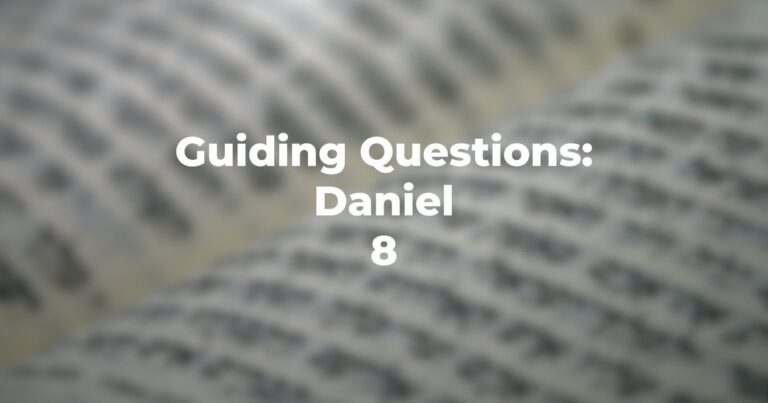- Where do Joshua 24:2-4 appear in one of the classic texts of our faith?
- What elements of “sacred history” does Joshua stress in this particular statement?
- What particular portion of the Five Books do the sentences in Joshua 24 echo with a very firm resonance (vide: “hatzirah,” “a land for which you labored not and vineyards which you planted not”)?
- Does Joshua 24:14 imply that there were still alien (pagan) worship practices obtaining at the end of Joshua’s tenure?
- What is the basic fear and basic mitzvah violation which course through the exchange between Joshua and the Israelites?
- Would Joshua 24:23 confirm that, indeed, there had been “supplementary deities” that were considered significant?
- Joshua 24:26 refers to the writing of “these words” in the book of “God’s TorahRefers to the first five books of the Hebrew Bible, the Tanakh, also called the Five Books of Moses, Pentateuch or the Hebrew equivalent, Humash. This is also called the Written Torah. The term may also refer to teachings that expound on Jewish tradition. Read more.” What book is that? And, where did he erect the “large stone” — and why underneath a tree — and what is “mikdash Adonai” and did it, indeed, have a tree within it?
- And, indeed, where is mikdash Adonai? Was it “the portable worship center”?
- Why, following what appears to be the logical conclusion of the Book of Joshua — with his death and with the sequitur of the elders who followed in his way — does the text include a reference to the burial of Joseph?
- In sum, then, what is the “message” of the Book of Joshua in religious terms and does it constitute a unit in itself or, rather, a transition between migration and ultimate settlement — or a transition of some other kind?
Author
-

Exploring Judaism is the digital home for Conservative/Masorti Judaism, embracing the beauty and complexity of Judaism, and our personal search for meaning, learning, and connecting. Our goal is to create content based on three core framing: Meaning-Making (Why?), Practical Living (How?), and Explainers (What?).
View all posts




